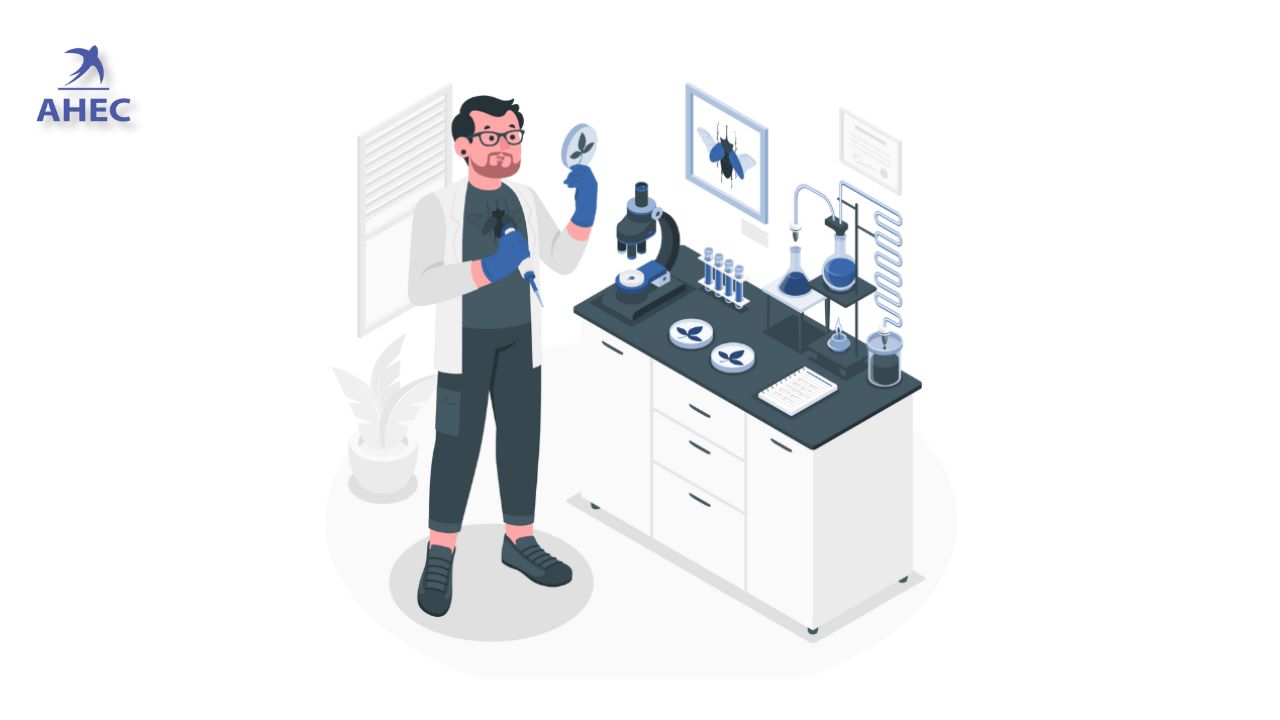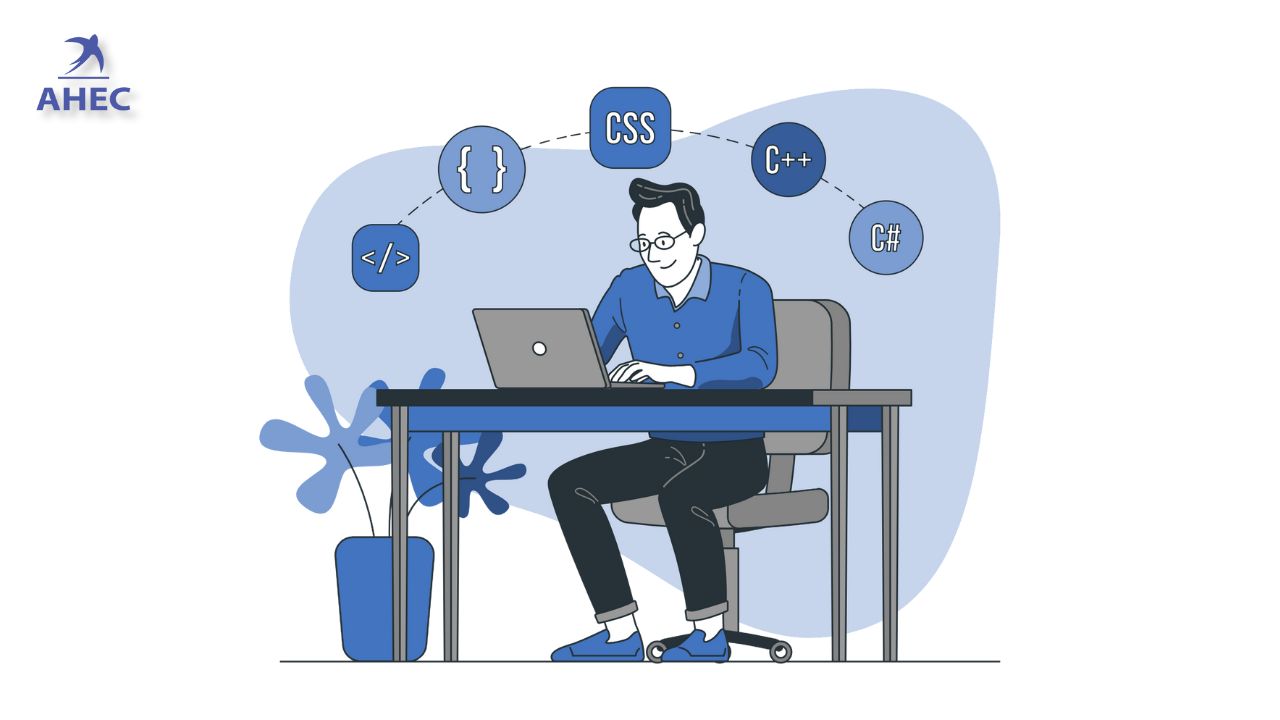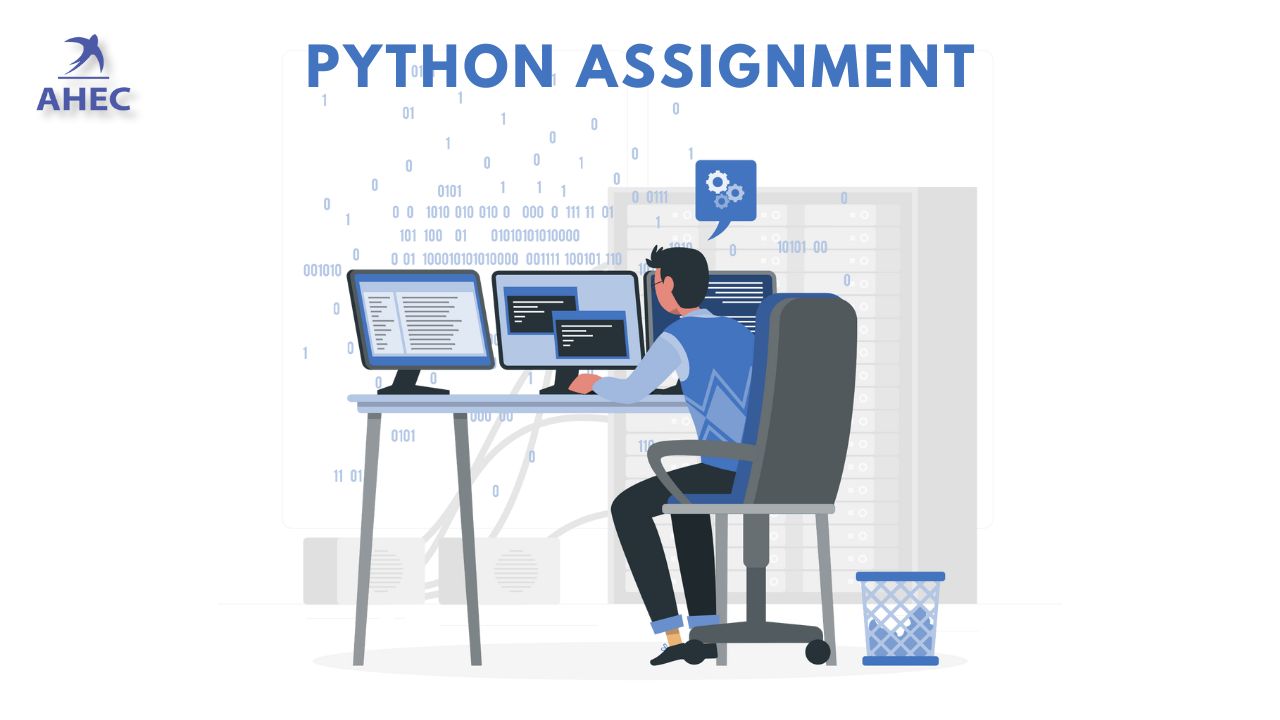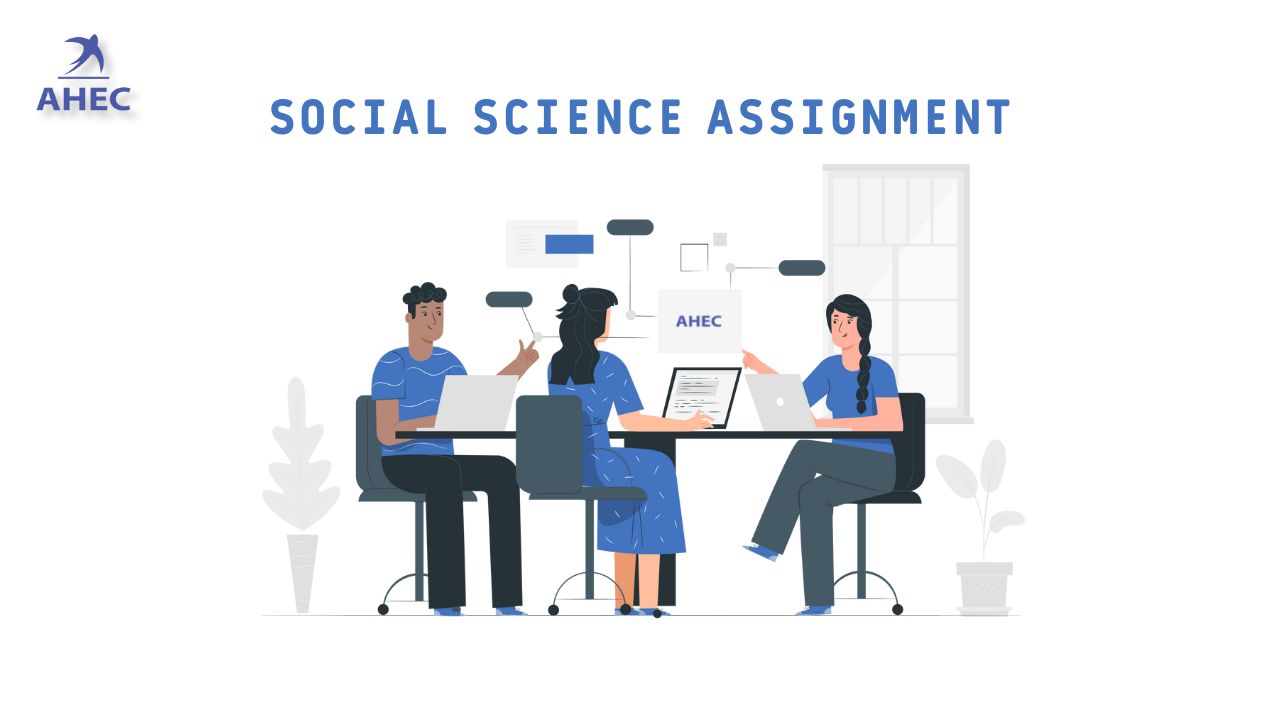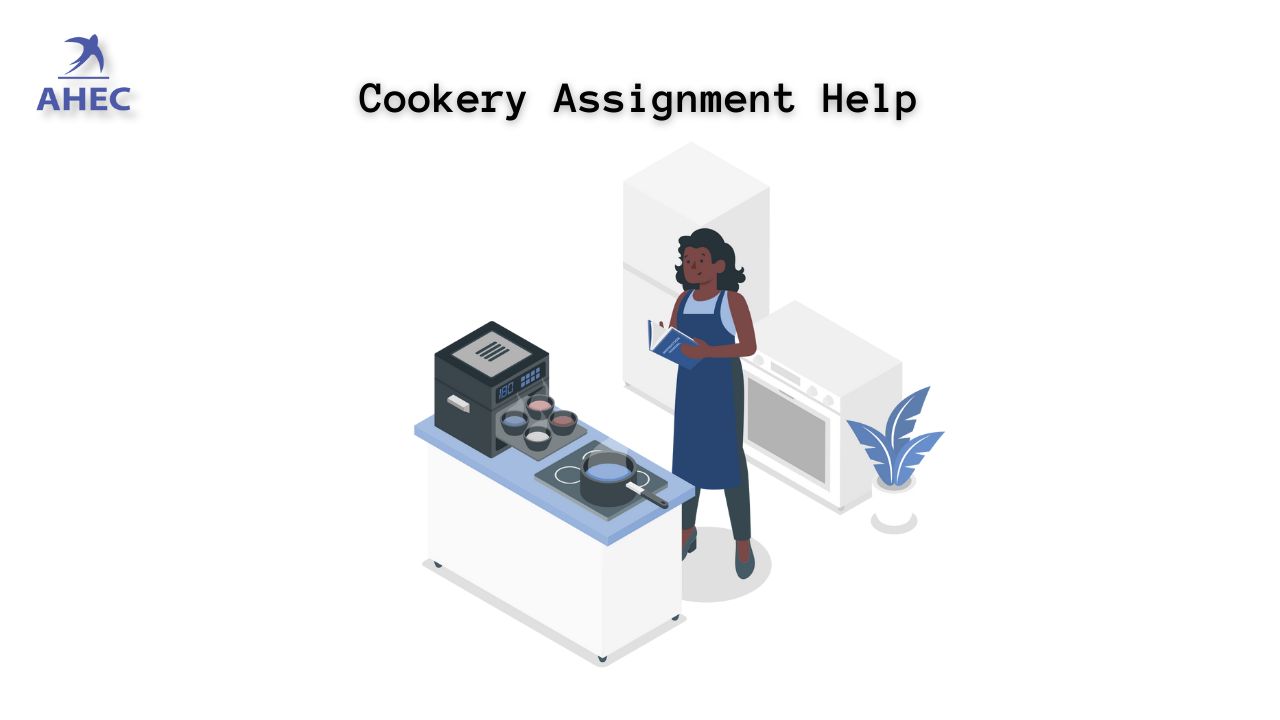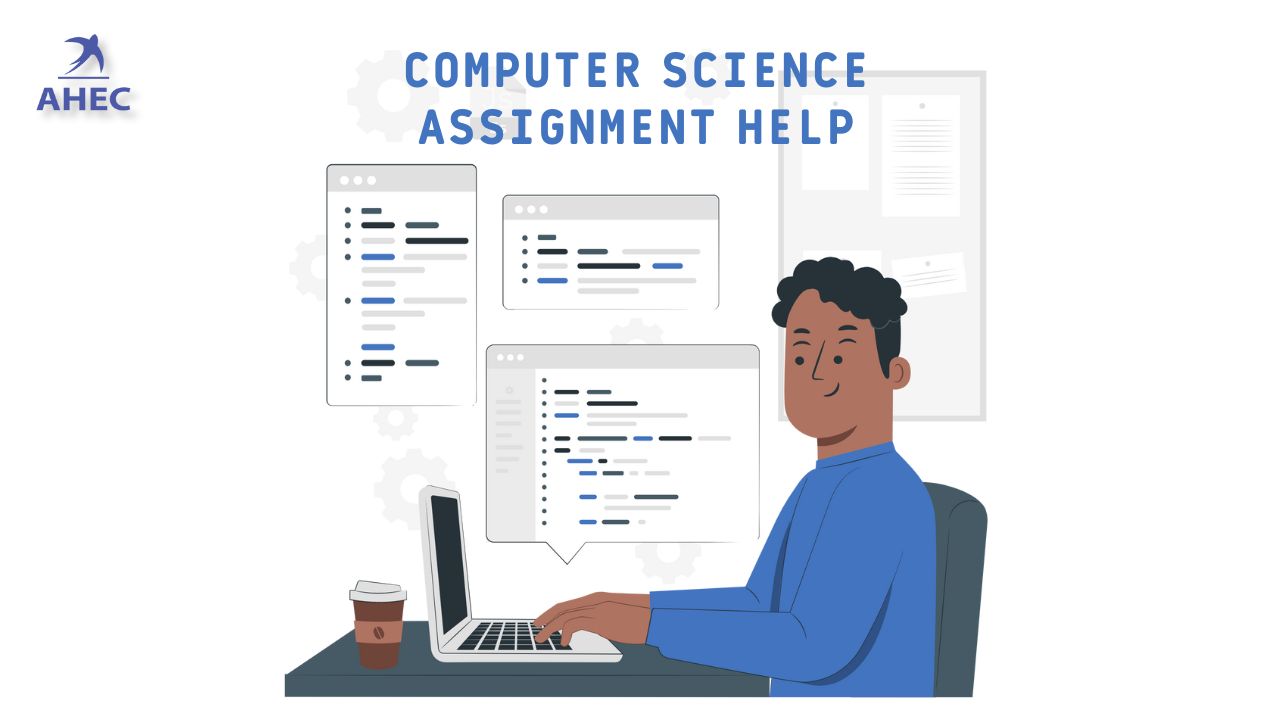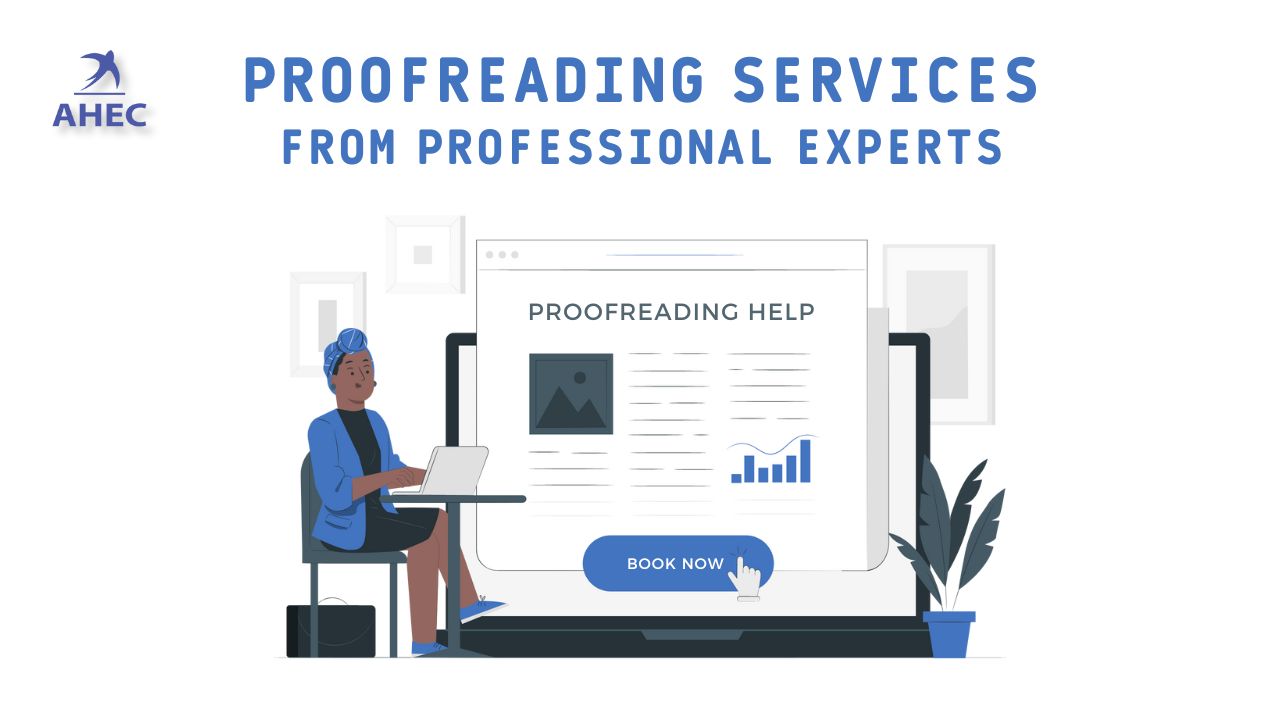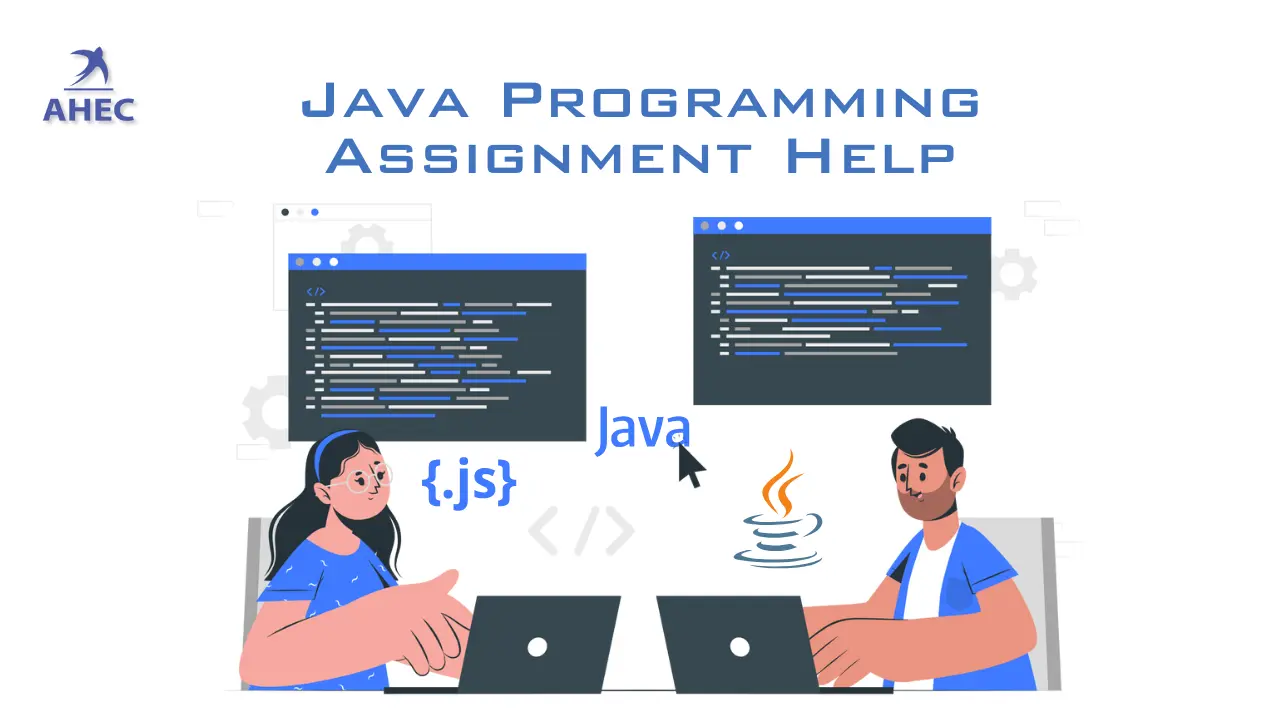Want to know what the most desirable degrees in Australia, Are you curious about the most employable degrees in Australia
Don't look any further, as we've created a list to assist you in deciding the right degree for you! We're all aware that making a decision is a difficult and daunting task. hobbies and interests aside It's important to think about your degree's potential for employment.
Check out the following article to discover what degrees can land you an employment opportunity in the next workforce!
#10 Nursing
The percentage of students working an employment that is full-time: 72.7 percent
Example Degrees:
- nursing bachelor's degree (ACU, WSU, UC, UNE, UON, UTS)
- Bachelor of Science/Master of Nursing ( USYD)
If you pursue a degree in the field of Nursing your profession will be regarded as among the top health specialists, and you'll be able to be a significant influence on the wellbeing and health of your community. A degree in nursing lets you work in a wide range of specializations, such as critical care and mental health, as well as aged care, paediatrics, and operating theaters.
A majority of nursing degrees also require students to participate in programs for placement which give you practical experience, so that you can be well-prepared for the job market. Nursing careers include working within the industry of pharmaceuticals, the drug and alcohol centers, clinical research emergency and trauma care and both private and public health systems.
Find out all you need to know about the career of a Registered nursing assistant Here!
#9 Business and Management
The percentage of students who have full-time employment: 74.3%
Example Degrees:
- Bachelor of Accounting (UNE, UTS, Monash)
- Bachelor of Actuarial Studies ( UNSW, MQ, ANU)
- Bachelor of Accounting and Finance ( ACU)
- Bachelor of Applied Finance ( MQ)
- Bachelor of Business (WSU, Monash, UTS, Griffith)
Management and business span the vast array of degrees offered at Australian universities. Whatever course you select, you will learn different financial management techniques which are highly sought-after in today's competitive market,making some of these the most sought-after qualifications.
These capabilities include the management of portfolios, accounting, financial modelling, taxation strategic planning and derivative pricing. Learning about management and business can lead to work in a variety of areas, including corporate finance and bookkeeping, business management, forensic accounting , and market analysis.
Tips: Many business and management degrees also have Co-Op courses that allow you to start your career with job opportunities and internships!
Find out the challenges of working in one of the careers listed below by clicking on the following links:
- Consultant
- Accountant
- Actuary
- Marketer
- Analyst in business
- Financial analyst
#8 Law and Paralegal Studies
Graduation rate working an employment that is full-time: 75.7%
Example Degrees:
- Bachelor of Accounting/Bachelor of Laws ( WSU)
- Combined Law Degree ( USYD)
- Bachelor of Applied Finance and Bachelor of Laws ( MQ)
- Bachelor of Arts (Psychology)/Bachelor of Laws (UoW)
Notice: While many universities offer the Bachelor of Laws, most require that you study it as an additional degree. Each university is different in the degree it gives to be double-degreed with Law.
Learning Law or Paralegal studies will equip you with the knowledge and skills required to work in a legal setting. In doing so you'll be able operate in a professional and ethical environment as a an attorney.
The majority of legal degrees are able to cover a variety of law-related areas, such as legal issues related to property and contract human rights law, public law legal, media law and intellectual property laws. They also help you to develop the ability to think critically, use imagination and logic necessary to resolve legal problems in the real world when you join into the workforce as a legal practitioner or court administrator paralegal, conveyancer of property, etc.
Find out more about what it's like working in these areas by clicking the following links:
- Environmental Lawyer
- Criminal Lawyer
- Commercial Lawyer
- Community Lawyer
#7 Veterinary Studies
Graduation rate who have an active full-time job: 78.2%
Example Degrees:
- Bachelor of Veterinary Biology/Doctor of Veterinary Medicine ( USYD)
- Bachelor of Veterinary Technology ( CSU)
- Bachelor of Animal and Veterinary Biosciences ( LTU)
The study of veterinary medicine will provide you with the essential and practical understanding of both wildlife and domestic animals in order to improve their health and overall well-being. You will study the health of animals in a wide array of disciplines like biotechnology and genetics, animal physiology, microbiology , and ecology.
A lot of degrees provide hands-on learning with some universities even having their own wildlife reserves and others offering an internship program that provides students the opportunity to interact with animals. If you pursue veterinary studies you are able to pursue numerous jobs, such as becoming an official of the national parks and wildlife services officer and the reproductive technology specialist (animal or human) as well as biosecurity researcher, public health policymaker, veterinarian and the veterinary cardiologists.
Find out what it's like working as an veteran right here!
#6 Dentistry
The percentage of students working an employment that is full-time: 80.0%
Example Degrees:
- Bachelor of Science/Dental Medicine Doctor ( USYD)
- Bachelor of Dental Science ( CSU)
- Bachelor of Dental Health Science ( Griffith)
- Bachelor of Dental Science (Honours) ( UQ)
Although dental degrees are offered by a few institutions located in New South Wales, they generally offer instant professional recognition following the completion of the completion of your degree, allowing the dentist to practice right after becoming after graduation. It is a given it is that dentistry is the science of oral health. The degrees needing practical experience with dental tools to help you prepare for work force.
This can be among the few medical degrees that do not need you to take the GAMSAT to be admitted. The average length of the course is 7 to 7 years, but it is an extremely lucrative degree programs in Australia.
#5 Teacher Education
The percentage of students working an employment that is full-time: 80.6%
Example Degrees:
- Primary Education Bachelor's degree (ACU, MQ, WSU, UQ)
- Bachelor of Education (Secondary) ( MQ, UNSW, UQ)
- Bachelor of Education (Early Childhood and Primary) (ACU, UNE, UON)
Teachers and educators have the privilege of influencing young minds by giving them insight into the world that surrounds them. Whatever your educational background in teacher education, once you are employed you'll be able to encourage curiosity and facilitate the learning of children.
You'll be able to make a difference in the lives of others and also teach in specific areas as the degree typically requires a place at a school that will prepare you for the workforce. Graduating students can teach in both non-government and public schools.
#4 Engineering
Graduation rate working an active full-time job: 83.0%
Example Degrees:
- Bachelor of Advanced Science (Honours)/Bachelor of Engineering (Honours) ( UNSW)
- Bachelor of Arts and Bachelor of Engineering (Honours) ( MQ)
- Bachelor of Civil Engineering (Honours) ( UON)
- Bachelor of Engineering (Honours) (Aerospace/Mechanical and Manufacturing/Mechanical) (UNSW)
The degree you choose will depend of the Engineering degree It is an ideal method of combining the latest technology with creativity and the latest knowledge in science. The study of engineering gives you the knowledge and skills to construct everything that range from infrastructure to machinery as well as aircrafts.
There are many areas to study like geotechnical engineering and thermodynamics, power generation, and aerospace engineering according to the specialties you choose. Although the course is usually very long (around 5 years) engineering studies can provide many career opportunities, which allow individuals to be employed in defence, transportation and engineering, aerospace and urban development, infrastructure and many more.
Explore the many types of jobs you could achieve by completing an undergraduate degree of Engineering here!
#3 Medicine
The percentage of students who have an active full-time job: 86.7%
Example Degrees:
- Bachelor of Medical Science (MQ, UTS, ANU)
- Doctor of Medicine (paired with an undergraduate diploma) (USYD, UNE, UNSW, WSU)
A medical degree can help you learn about the human body's structure and functions, and diseases. You could be helping for the improvement of the overall health of people around you through a range of medical fields like immunology metabolic biochemistry, genetics anatomy and the practice of physiotherapy.
The process for admission to the field of Doctor of Medicine can be complex, and most require an ATAR/IB score of at least 80% and a GAMSAT results, however, there are many transfer options that are available. A lot of medical degrees require prerequisite subjects.
Are you wondering what it takes to become general practitioners? Read our article here!
#2 Rehabilitation
Graduation rate working an active full-time job: 87.3%
Example Degrees:
- Bachelor of Applied Science (Physiotherapy) ( USYD)
- Bachelor of Science in Sports and Exercise ( UNE, UTS)
- Occupational Therapy Bachelor's (ACU, WSU, UON, SCU, UQ, Monash)
- Bachelor of Exercise Physiology ( UNSW)
Learning Rehabilitation can assist those whose capabilities are affected in a range of situations through your research of the human body's function. You may be helping children with learning disabilities, or helping elderly patients in returning to normal activities following the replacement of their hips or assisting athletes recovering from an injury to a ligament.
When you have completed your studies in areas like biomedicine, exercise physiology as well as anatomy the degree you earn will typically require you to take part in clinical assignments. Being it is one of the more sought-after qualifications, Rehabilitation will open up job opportunities for occupational specialist as well as rehabilitation consultant, specialists in strength and conditioning, etc.
Are you thinking about a profession as a physical therapist? Find out more about it here!
#1 Pharmacy
The percentage of students who have a full-time occupation: 96.4%
Example Degrees:
- Bachelor of Pharmacy (CSU, UON, USYD, QUT, UQ, Monash)
- Bachelor of Pharmacy and Management ( USYD)
As an integral component of health services, pharmacy provides you with the most effective ways to use and manage medications. It integrates knowledge from science including subjects such as medicinal research, chemistry, and biology, and practical skills like dispensing, health counseling and management of medication.
You'll provide an indispensable service to individuals of any background and age giving advice for general ailments, as well as creating and formulating medication. Certain degrees will require clinical experiences and offer professional certification.
If you pursue a pharmacy degree and pharmacy, you'll be qualified to be employed as an community pharmacist, hospital pharmacist, or industrial pharmacist (such as those involved in manufacturing of pharmaceuticals).















